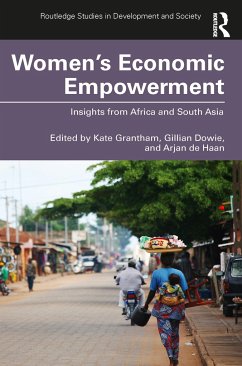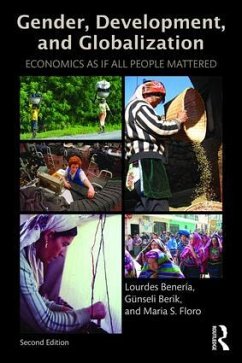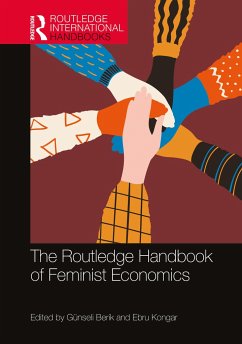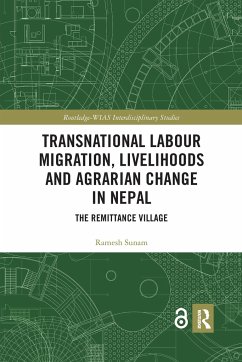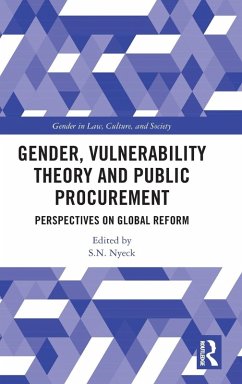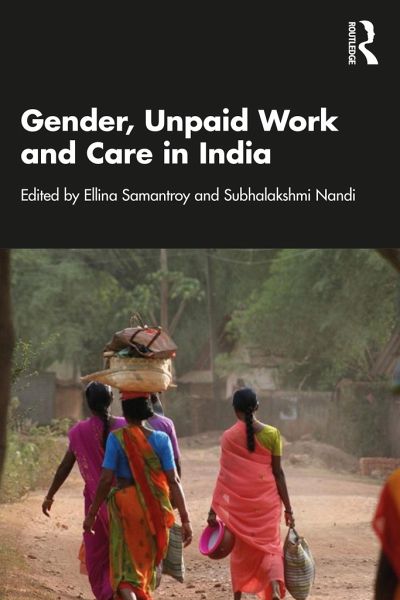
Gender, Unpaid Work and Care in India
Versandkostenfrei!
Versandfertig in 6-10 Tagen
42,99 €
inkl. MwSt.
Weitere Ausgaben:

PAYBACK Punkte
21 °P sammeln!
This book explores the paradox of women's paid and unpaid work in India. It examines key themes including historical discourses, macroeconomic policies, employment trends, issues of tribal areas, public services and infrastructure, climate change and gendered migration and vulnerability of girl children. It highlights the play of gender norms, resource rights, identities and agency in women's work. Building on feminist theoretical frameworks and empirical analyses from microstudies, the volume offers fresh perspectives for research and policy on women's work in the Global South.A timely interv...
This book explores the paradox of women's paid and unpaid work in India. It examines key themes including historical discourses, macroeconomic policies, employment trends, issues of tribal areas, public services and infrastructure, climate change and gendered migration and vulnerability of girl children. It highlights the play of gender norms, resource rights, identities and agency in women's work. Building on feminist theoretical frameworks and empirical analyses from microstudies, the volume offers fresh perspectives for research and policy on women's work in the Global South.
A timely intervention, this multidisciplinary book will be useful to scholars and researchers of political economy, labour studies, women's/gender studies, public policy, economics, development studies, sociology, South Asian studies and Global South studies. It will interest planners, policymakers, gender advocates, civil society organisations, human rights bodies and international organisations working towards ensuring gender equality and women's rights.
A timely intervention, this multidisciplinary book will be useful to scholars and researchers of political economy, labour studies, women's/gender studies, public policy, economics, development studies, sociology, South Asian studies and Global South studies. It will interest planners, policymakers, gender advocates, civil society organisations, human rights bodies and international organisations working towards ensuring gender equality and women's rights.





